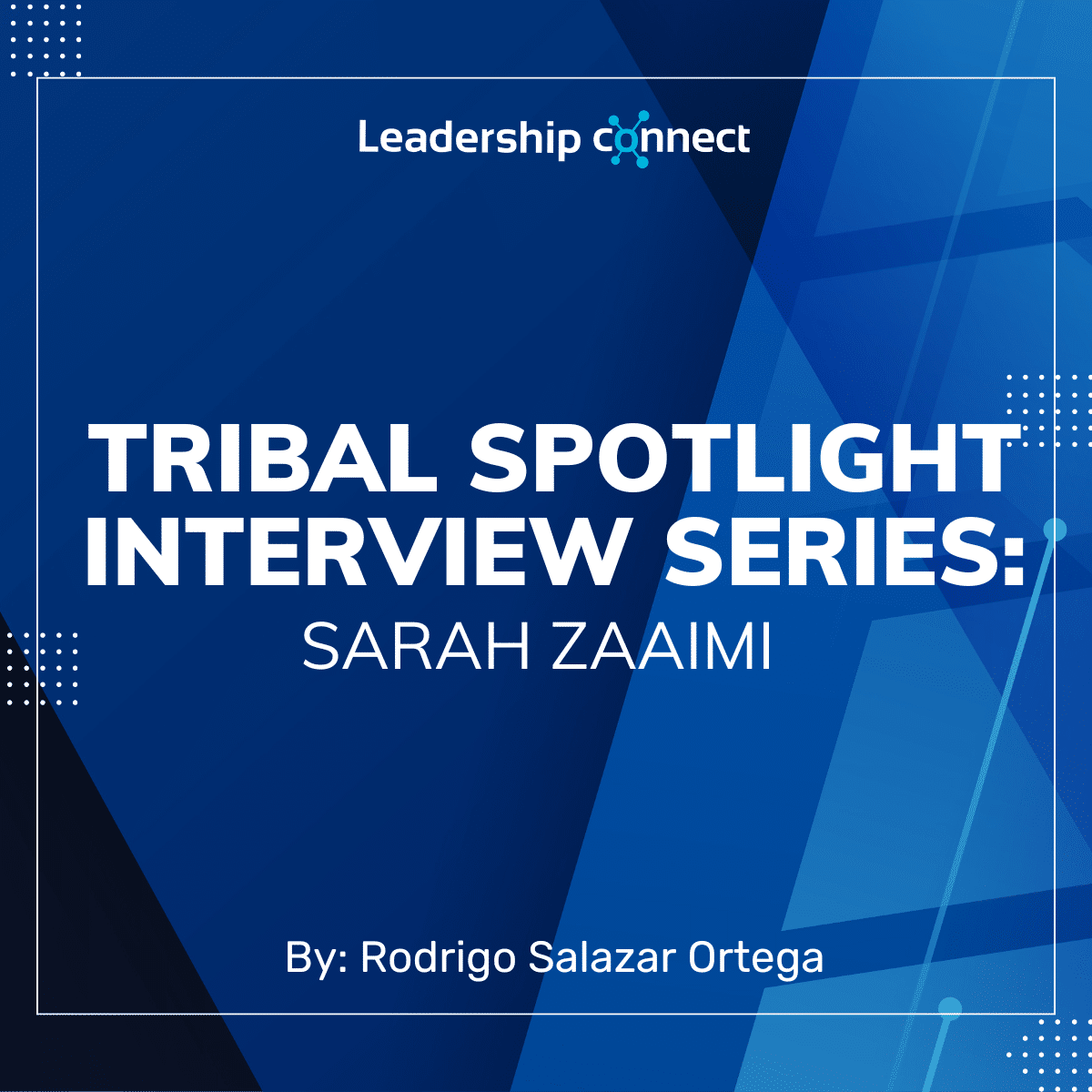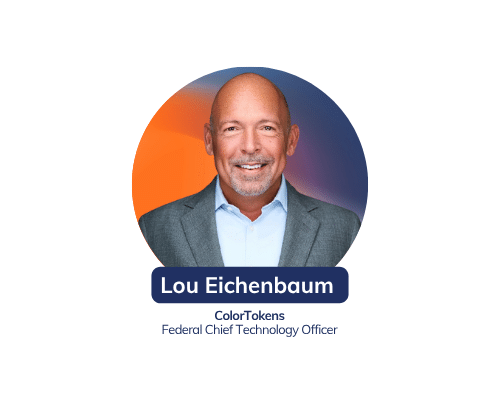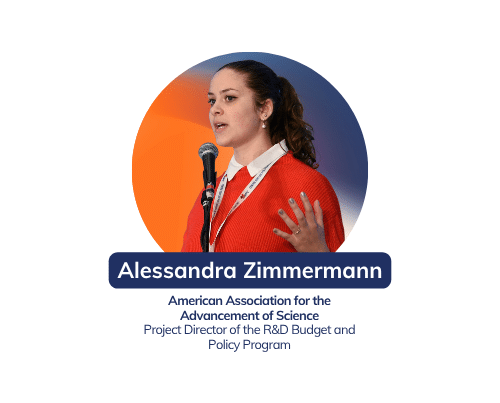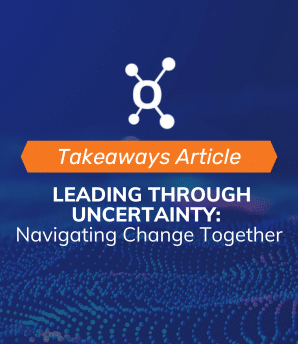I got to speak with Sarah Zaaimi about the Tribal perspective on an international level and how lessons learned cross nation state borders.
Can you tell me about your career path that has led you to where you are now?
My dad is Moroccan, and my mom is Syrian. I have lived in many MENA countries including Egypt and Iraq during the ISIS war. That ignited my interest in development and exploring what it means to be a tribal woman from the Middle East. I started my career as a journalist in conflict and post–conflict settings and in many roles as a reporter and editor. However, I felt like that was a very top-down approach and felt the necessity to do more and try to make a change. I felt paralyzed in not contributing to changing the lives of the people who were suffering around me. That led me to work with the Anna Lindh Foundation for intercultural dialogue for five years in Egypt. I worked on bridging the gap in intercultural dialogue between groups in the Northern and Southern shores of the Mediterranean. I also worked with the International Committee of the Red Cross during the ISIS war where I was working as a field delegate, mainly as a negotiator with tribes in the Ninawa region for access to humanitarian aid. Additionally, I worked for World Wildlife negotiating climate impact on coastal communities in Latin America and Southeast Asia. Now I work for Atlantic council where I oversee the communications and outreach efforts of the Rafiq Hariri Center & Middle East Programs.
How did you become passionate about the intersection of tech, government, and tribal communities, and how do you stay informed and engaged in those areas?
I think tribes are misunderstood. They have a stigma of being non-modern and underdeveloped. This has brought a lot of stereotypes of what being a tribal member means in the modern context, and it has led people to distance themselves from their heritage creating an identity struggle. It is a conflict of modern governance structures in these areas and countries. There may be an attachment to heritage and culture, but it never graduates to a strong voice, representation, and significant participation to modern society. Perspectives may clash in the way we view the world. Tribes need advocates to mediate between perspectives, values, and government; to go and raise that voice and build those opportunities. It’s a big motivation for someone like me to keep working in this field.
What do you believe sets Tribal Government Relations apart as a unique work environment, and how do you navigate its challenges in your everyday work?
Sovereignty sets apart tribal government relations as unique. The understanding of borders and citizenship and the way tribal members interact with nation-states. Tribes can be transnational in nature. Whereas governments see them as part of their citizens, some duties and rights that may not always apply to them. It is an area that needs a lot of education for governments to understand tribal sovereignty and its particulars. I send people to do interviews with tribal members to understand intercultural differences. We are evolving into a better space for breaking stigmas for tribal nations. I hope we can all keep working to bridge the gap of understanding to create a modern space where everyone has a voice.
Describe a challenging or rewarding project that significantly influenced your growth as a professional. How did you handle the challenge, and what did you learn from the experience?
When I worked with the Sunni Arabs in the Makhoul Basin in Salaheddin, in northern Iraq, and where those tribes there settled, there was a government project to ignite a dam on their land on the Tigris River that was called Makhoul Dam, threatening to inundate their entire villages. According to the census we did, the project would affect 41 villages and displace over 300,000 people. Furthermore, it would have destroyed a valuable cultural heritage site including a UNESCO World Heritage site. The government had decided to flood it because they saw interest there and they did not consider what would happen to those tribes. They promised them compensation and tried to resettle them somewhere else, but that did not consider what they cared about. We carried out interviews asking them what they cared about and what came out of that was staggering because they did not specifically care about the money, but they cared about social ties, and the solidarity that they currently have between themselves they also cared about their ancestors’ graveyards. These particularities had not been conveyed to the government. We served as a mediator and advocate between the tribes and the government, and we worked closely with the International Organization of Migration to make sure and with UNESCO to make sure that that project was blocked because the social impacts and cultural impacts of the projects would have been disastrous. And so just having that satisfaction of seeing a project like that blocked gave me a lot of satisfaction.
What advice would you give to someone navigating how to bridge the gap between traditional practices and modern governance structures?
The advice I will give is to leave your ego at the door and be ready to learn. Allow people from tribes to teach you their ways and be humble enough to leave your status at the door and come in with a ready and open mind. It is better to ask questions rather than using assumptions to navigate the space.
Word Association, what is the first word that comes to mind for each of there?
- Policy – Intentional
- Networking – Essential
- Communications – Life-long Learning Process
- Leadership Connect – Help builds a better future. We need connections with leaders.






